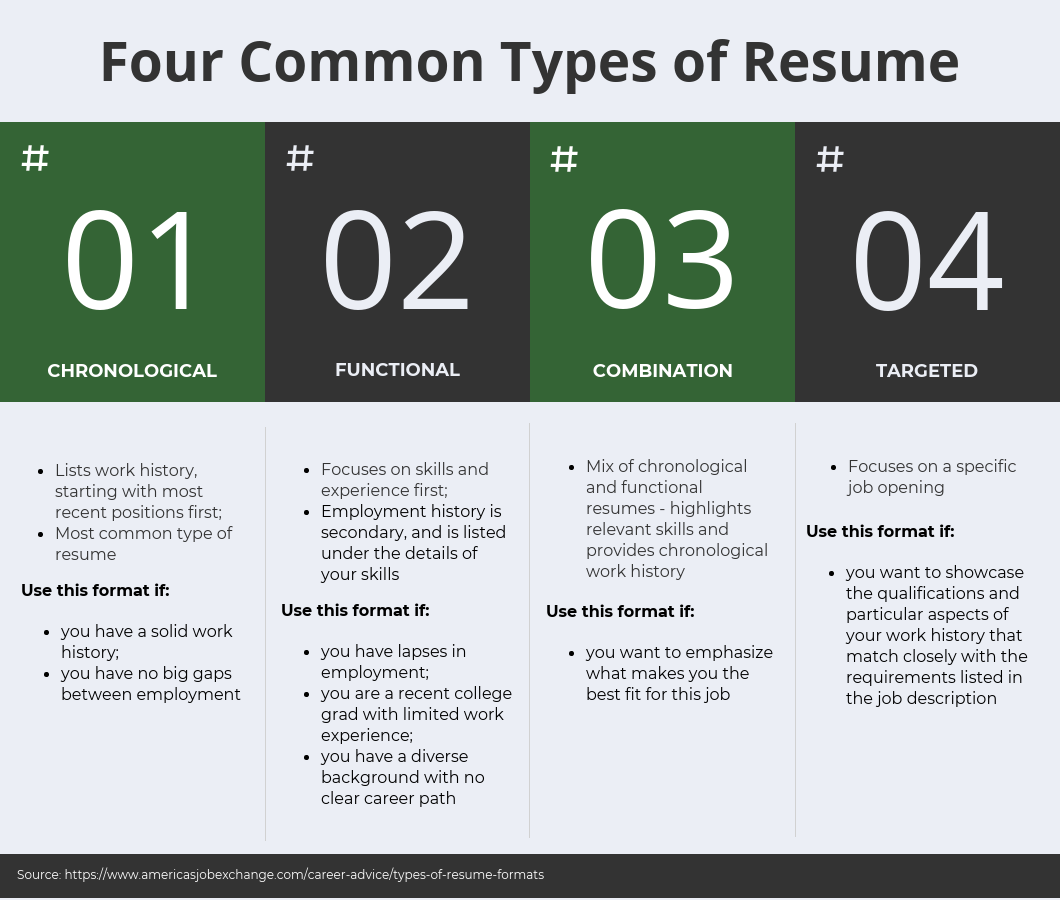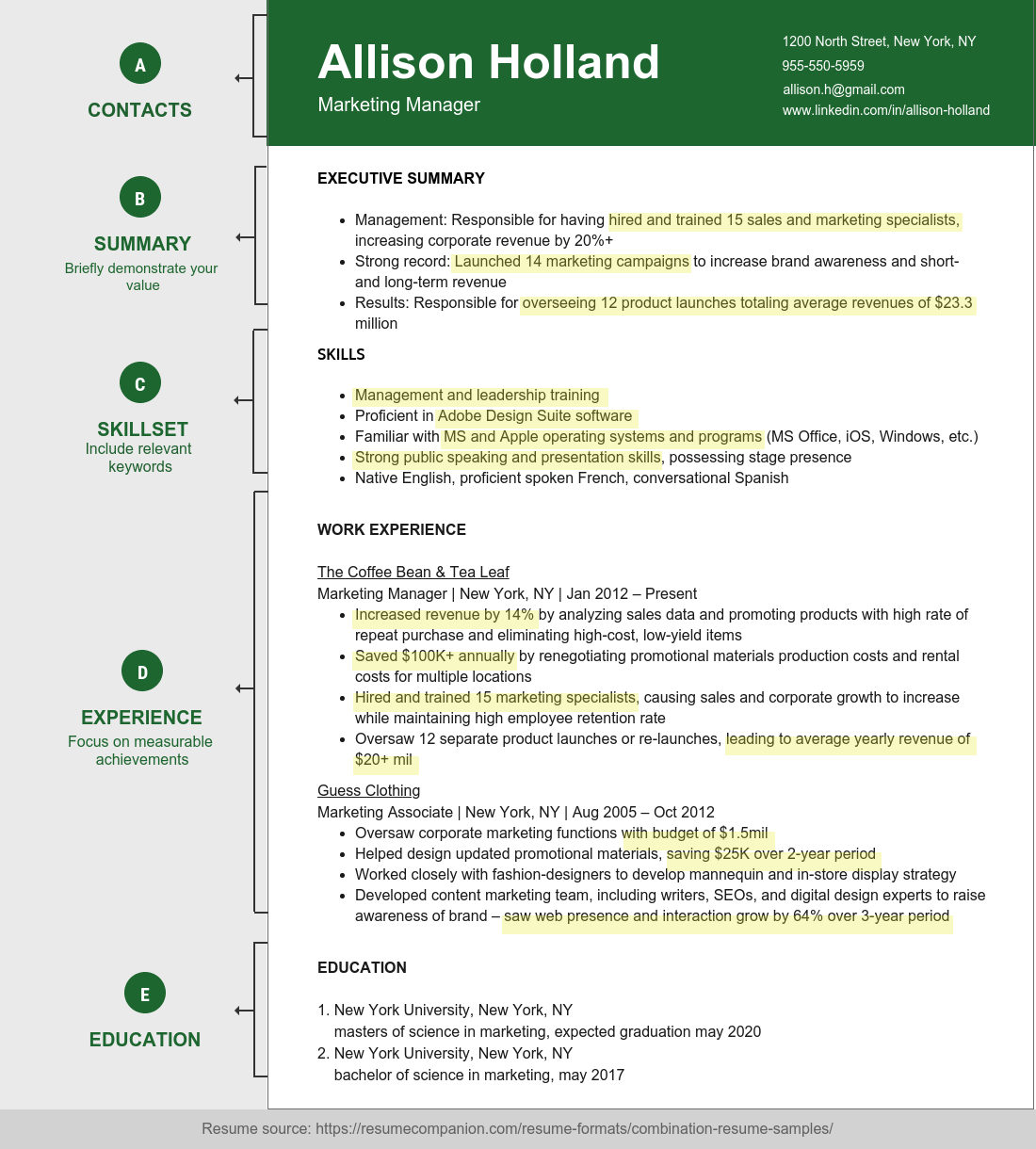
How to Write a Resume. Use These Tricks to Be Selected For an Interview
Want to score an interview for that dream job? Make sure you know how to write a resume that will help you set a foot in the door.
Your resume is definitely the most powerful tool in the job application process. Today, each corporate job posting attracts 250 seekers. Of those candidates, only 4 to 6 will be contacted for an interview. A well-crafted resume will boost your chances of getting a call from a hiring manager, while poorly written document will likely sink in the ocean of other applications.
Check out the following resume writing tricks to learn how to stay afloat and make a potential employer interested enough to call you up for an interview.
1. Choose the right type of a resume
There are four common types of resumes you can use to apply for a job. How to decide which resume type is right for you? Well, it depends:

2. Include these core sections in your resume
Regardless of the type of resume you choose, you need to make sure the following must-haves are included:
A. Your contact information
Believe it or not, but hiring managers sometimes receive resumes that include no way of contacting the applicant. Make sure you have these details at the top of your resume:
- First and last name
- Your personal phone number (not a work number)
- Your city, state and zip code, for example: Brooklyn, NY 11201. Some applicant tracking systems (ATS) allow recruiters to filter applicants based on location, so it’s important to provide yours
- Professional-sounding email address. Avoid using fun and non-relevant emails like [email protected]. The ideal option would be creating an email address based around your name, for example: [email protected]
- URL to your LinkedIn page. 87% of recruiters use LinkedIn to scan and evaluate candidates, so make sure you have a strong profile.
B. Your executive summary (NOT objective statement)
Executive summary is a brief, usually three-to-five-sentence paragraph that gives busy hiring managers a quick overview of who you are and why you are a great fir for this job.
Unlike outdated objective statement — a line that stated why the resume was being submitted — professional summaries are focused on the value you could bring to the company.
C. Your skillset
The Skills section is becoming more powerful as hiring managers increasingly look for candidates with specific competencies. To make sure your skills are easy to find and read, it’s better to list them. If recruiters see right away that you are able to do the job, they are more likely to proceed with your candidacy.
Also, you’ll need to add the right keywords to make sure your resume is optimized for ATS (applicant tracking systems), a software that sorts and filters applicants. Those ATS crawlers use keywords to do their job.
But how would you know which keywords to use? The best way to find the right words is identifying which skills are required in the job description. Matching these skills in your resume will boost your chances of scoring an interview. For example, if the company is looking for an experienced individual who can manage email campaigns, use that exact phrase “manage email campaigns” in your skillset.
D. Your work experience
The Work Experience section is the essence of any resume. Its goal is to show your work history and demonstrate your professional capabilities.
First of all, you need to list your jobs in reverse-chronological order. Each position should have its own subheading that includes the following information:
- Company name
- Job location
- Your job title
- Employment dates
Hiring professionals need these details to understand the level of positions you occupied, the caliber of companies you worked with, and how long you worked with each employer.
Then, under each entry, you need to add responsibilities that are relevant to the job you are applying for. The main task here is not simply list your job duties but rather focus on impactful accomplishments and successes. The best way to demonstrate your achievements is citing measurable results. Use numbers, percentage and amounts to showcase a hiring manager your capability.
E. Your education
The Education section is usually less important than Skills or Work Experience parts, so it shouldn’t occupy much of the resume space. Simply mention your school, the period when you attended and the degree you attained. If you graduated with honors, make sure you add this as well.
Make sure you stick to a one-page resume:

Combination resume sample
3. Get someone to review your resume
Ok, you’ve done it! You’ve pulled all the elements together and you have a fully complete resume. Congratulations! Now it’s time to give yourself a break and ask a friend to double-check your resume for spelling and grammatical goofs. Remember, your resume should be perfect – one typo can kill you chances of getting an interview.
4. Write a cover letter
A cover letter, if crafted properly, can be a powerful companion to your resume and add more job interviews to your calendar. Learn how to write a cover letter that will help you outshine the competition and make a hiring manger call you up immediately.
Writing a resume is a hard work requiring good amount of sweat and struggle. But at the end of the day, this is the only way you can get that dream job. So go ahead and make your dream come true!



